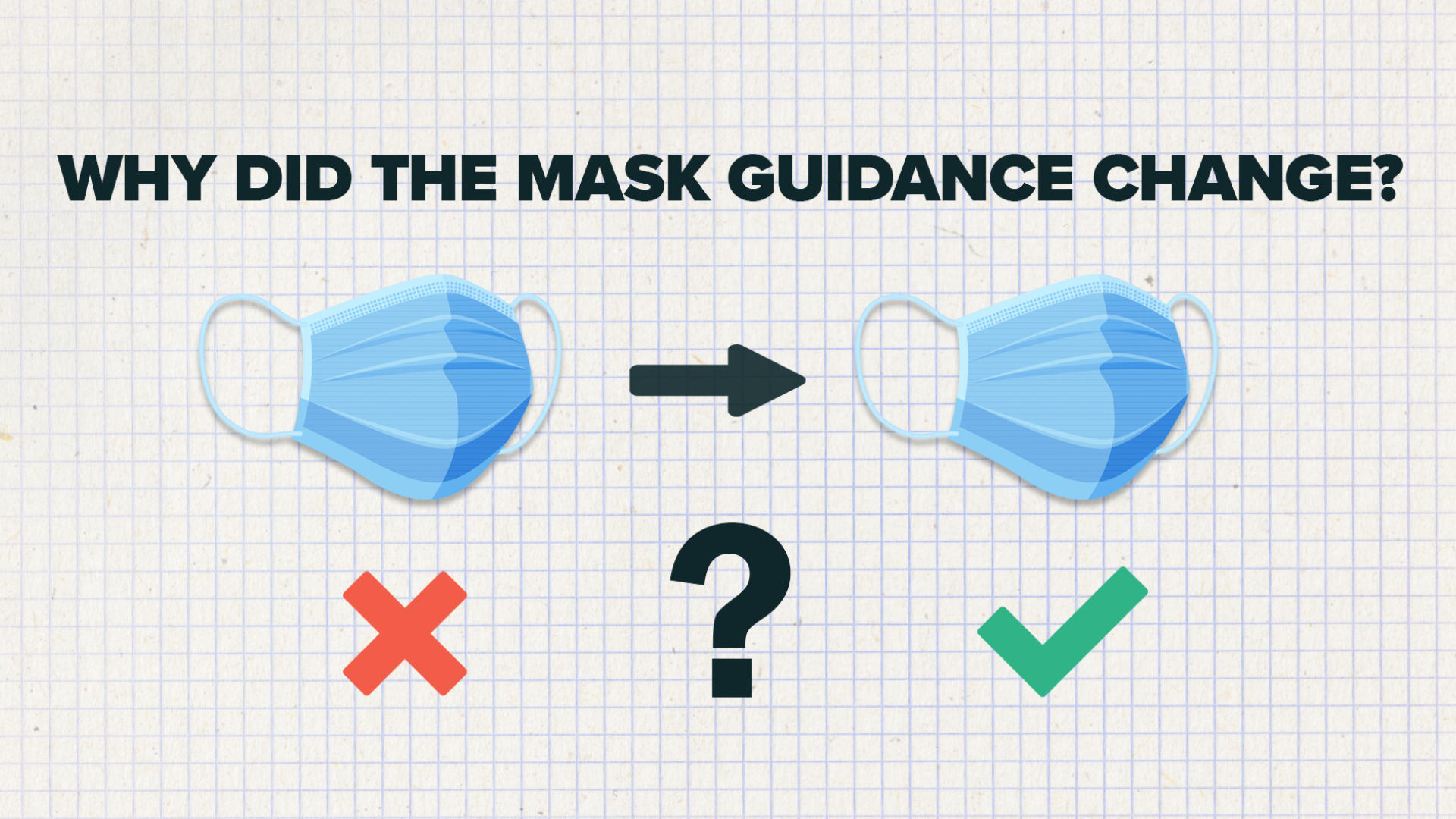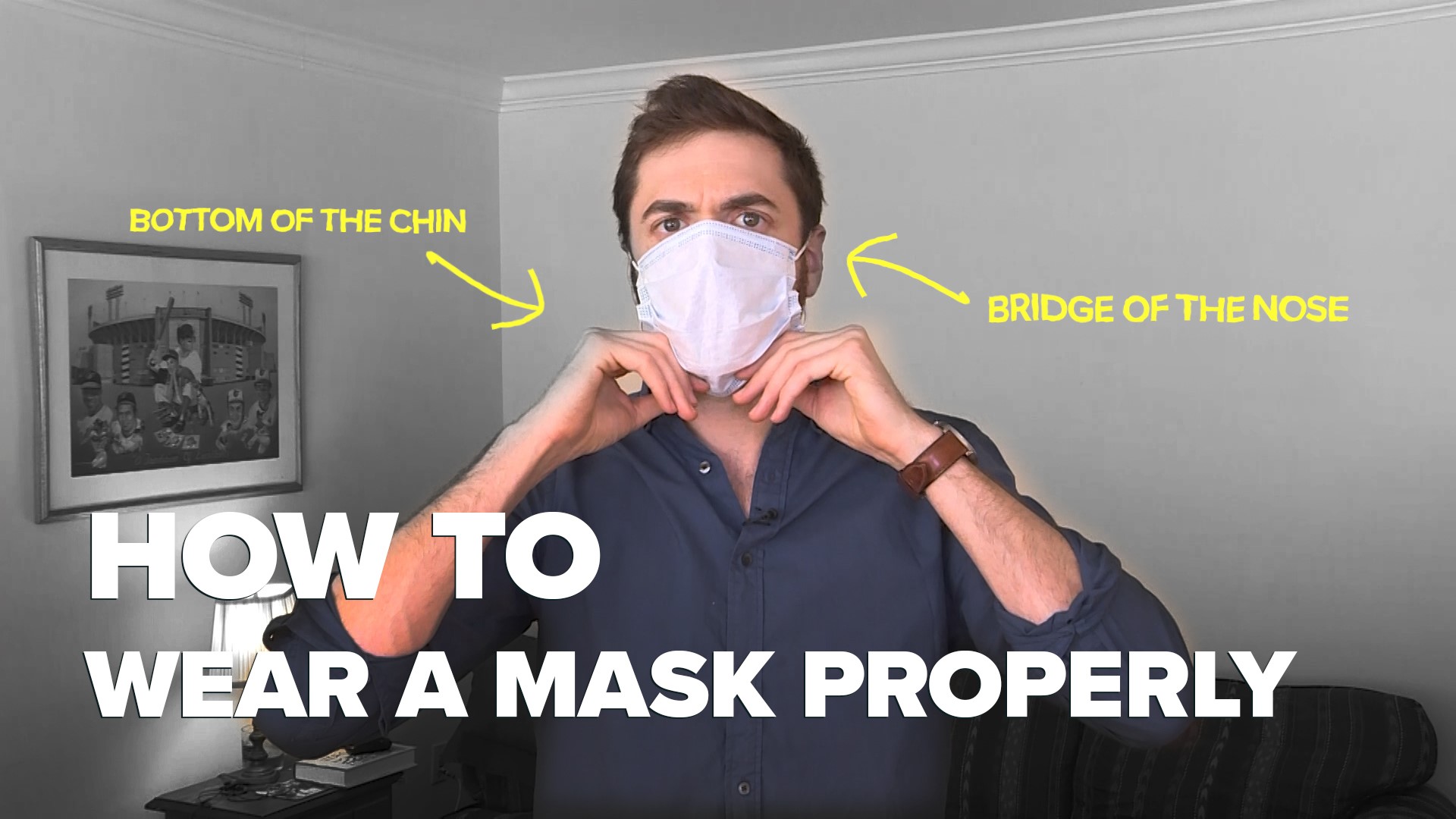Costco will be limiting poultry beef and pork purchases to three items per person as the coronavirus takes a toll on meat production across the U.S.
"Costco has implemented limits on certain items to help ensure more members are able to purchase merchandise they want and need. Our buyers and suppliers are working hard to provide essential, high demand merchandise as well as everyday favorites," the company said on its website.
Industry analysts say the U.S. is in no danger of a mass food shortage any time soon. Rather, there’s such a demand for groceries that manufacturers and suppliers are having a hard time adjusting the supply chain to meet consumer needs.
Agricultural workers and food processing plants are still operating throughout the country, though the spread of the coronavirus is causing several companies to rethink their production. All of those factors will affect what grocery stores offer later this year.
Many grocers are waiting to see how plant shutdowns, such as the recent closure of the Smithfield Foods pork processing plant in Sioux Falls, South Dakota, will affect the food supply chain. JBS USA said April 20 it was closing its sprawling Worthington pork plant, laying off more than 2,000 workers. And Tyson Foods recently closed several plants in Iowa.
Austin-based Hormel Foods Corp. reported April 22 several employees tested positive for COVID-19 at a Jennie-O turkey plant in Willmar. The company announced April 24 it would temporarily close two turkey plants in that city.
Though the closed plants account for a sizable amount of U.S. meat production, the country still has hundreds of millions of pounds of frozen meat waiting to be sold. Critics say that supply would run out quickly if a majority of meatpacking operations shut down, but some of the products in those plants are already flooding the market.
In other words, people will still have plenty to eat, even if they can’t always get what they want.
The meat restrictions aren't the only change to come to Costco stores. The company says it will also begin requiring customers to wear face masks at all its stores as part of efforts to stop the spread of the new coronavirus as the store return to their normal operating hours.
"To protect our members and employees, effective May 4, all Costco members and guests must wear a mask or face covering that covers the mouth and nose at all times while at Costco.," read a statement on the company's website.
It said the new rule, however, doesn't apply to children under the age of 2 or to individuals who are unable to wear a mask or face covering due to a medical condition.
Starting Monday, May 4, most U.S. locations will return to normal operating hours. Select warehouses will also be open during the week from 9 a.m. to 10 a.m. for only members ages 60 and older, and people with disabilities.
The warehouse retailer has implemented numerous policies to encourage social distancing.
It was among the early adopters of setting aside early morning hours for people over the age of 60 and those with disabilities who may be at higher risk of severe complications from the virus. Other retailers have issued similar policies.
For most people, the coronavirus causes mild or moderate symptoms, such as fever and cough, that clear up in two to three weeks. But it can cause more severe illness, including pneumonia, and death for some people, especially older adults and people with existing health problems.
Costco is also limiting the number of people in its stores and will only allow two people to enter per membership card, but only one per card in Kentucky and in El Paso, Texas.
The club has also removed seating from its food court areas and limited its food offerings.
Costco says it is allowing members to use their own reusable shopping bags, but the customers must pack the bags themselves. The bags are only allowed if they have not been prohibited by local mandates.
Costco is not the only U.S. company to begin requiring face coverings. On Monday, JetBlue became the first U.S. airline to require coverings for all passengers from check-in to de-planing.


